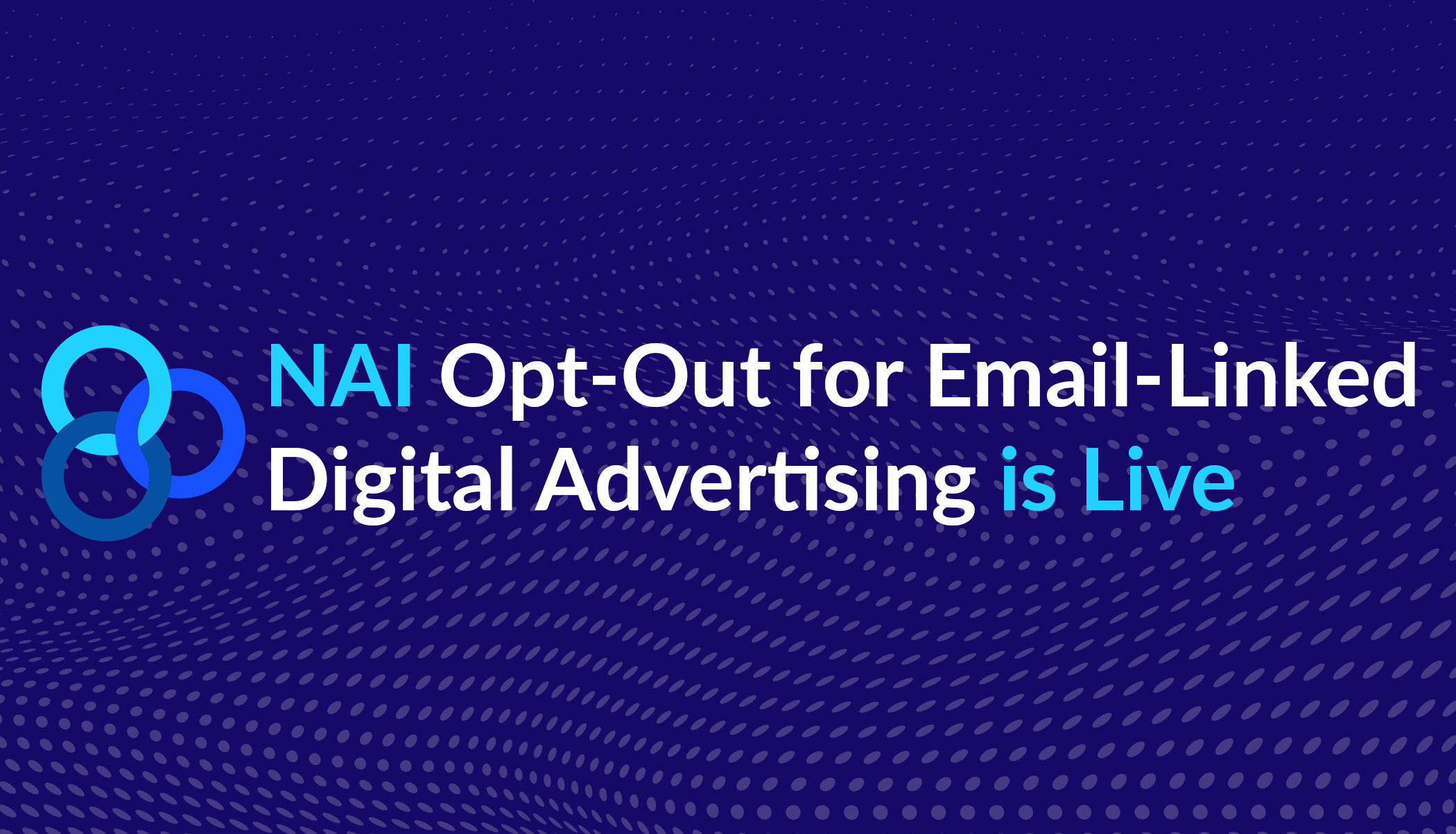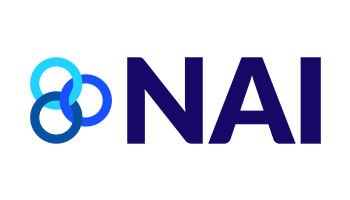The Pitfalls of “Ban Surveillance Advertising”
Advocates are putting increased pressure on lawmakers and regulators to ban what they describe as “surveillance advertising.” The group Accountable Tech – part of the coalition committed to fighting “Big Tech” – recently submitted a “Petition for Rulemaking to Prohibit Surveillance Advertising” to the Federal Trade Commission (FTC). The NAI submitted comments on behalf of our members and other responsible ad-tech companies to the FTC to help inform the Commission’s response to the petition.
The petition seeks a broad ban on what it labels “surveillance advertising,” although it doesn’t provide a precise definition of the term. The petition focuses on the actions of “dominant firms” within the digital advertising ecosystem even though the ban would apply to firms of all sizes.
The NAI comments emphasize that tailored advertising is a key driver of a robust and competitive digital media marketplace that benefits consumers, publishers, and advertisers alike. For consumers, tailored advertising powers the market of free and low-cost content that consumers rely on for news, streaming, email, and more. This happens because publishers are able to monetize their content much more easily, while limiting the total number of ads displayed, because tailored ads generate substantially more revenue for publishers.
Advertisers benefit through the ability to create cost-effective advertising. This particularly benefits small businesses with limited marketing and advertising budgets, who can reach a much broader range of potential consumers than through other forms of advertising. Direct-to-consumer brands like Peloton or HelloFresh, which rely on having a limited (or even no) physical presence, are largely reliant on data-driven advertising, and this rapidly growing segment of the industry could suffer heavily under the petition’s proposed rulemaking.
The proposed solution of prohibiting tailored advertising is meant to curtail a wide range of harmful practices by dominant internet platforms, with the goal being to limit funding for these companies, and therefore limiting their ability to sustain their current business models. But such a broad ban on tailored advertising is likely to have the opposite effect by strengthening the position of the dominant platforms, while decreasing competition in the marketplace, and limiting options for consumers. The biggest losers under such a solution would be the smallest publishers and advertisers, forcing these entities to rely even more on the large platforms and ultimately further consolidation among the dominant technology platforms.
While the NAI opposes the proposed rulemaking requested by the petition, we strongly support the goal to establish greater privacy protections for consumers, extending beyond what U.S. laws currently require, and what self-regulation has been able to accomplish. To this end, the NAI urges lawmakers to work cooperatively to enact a national privacy law that provides a clear, consistent set of requirements for all businesses operating in the United States.








